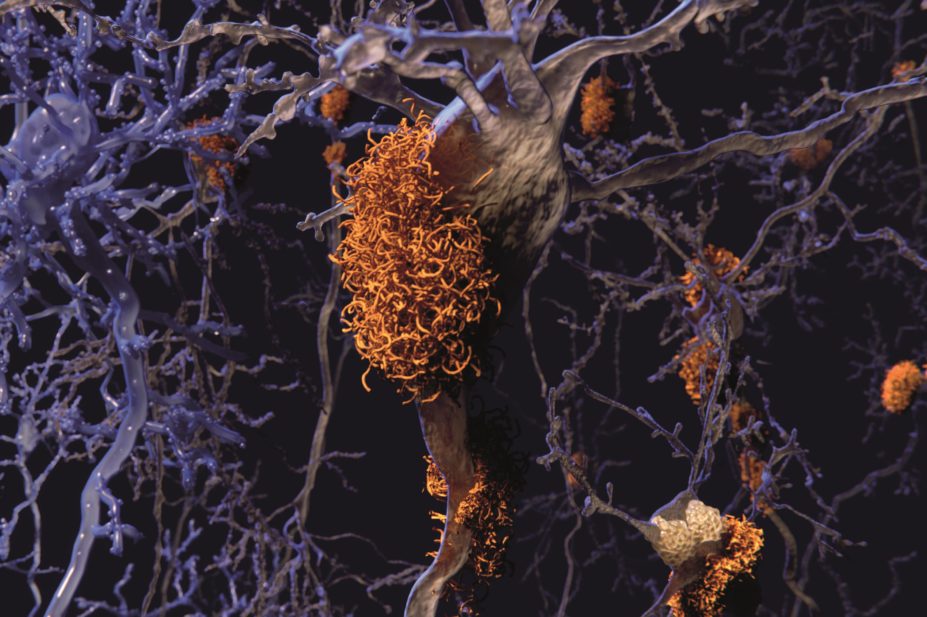
istockphoto.com
A major therapeutic strategy for the prevention of Alzheimer’s disease is to inhibit the assembly of the disordered amyloid-beta peptide that aggregates in the brain. But no clinical trial to date has succeeded in this aim.
In a previous study, researchers at the University of Cambridge identified some of the underlying molecular events that lead to amyloid-beta aggregation. Using this information, the team have now found that in a roundworm model, the anti-cancer drug bexarotene could inhibit the earliest step of the process and delay the formation of the most toxic form of amyloid-beta aggregates. But only if bexarotene is administered early.
Reporting their findings in Science Advances (12 February 2016)[1]
, the team suggest that in future, drugs like bexarotene could be classed as ‘neurostatins’ and used in a preventive manner similar to statins for heart disease.
References
[1] Habchi J, Arosio P, Perni M et al. An anticancer drug suppresses the primary nucleation reaction that initiates the production of the toxic Ab42 aggregates linked with Alzheimer’s disease. Science Advances 2016;2:e1501244. doi: 10.1126/sciadv.1501244


